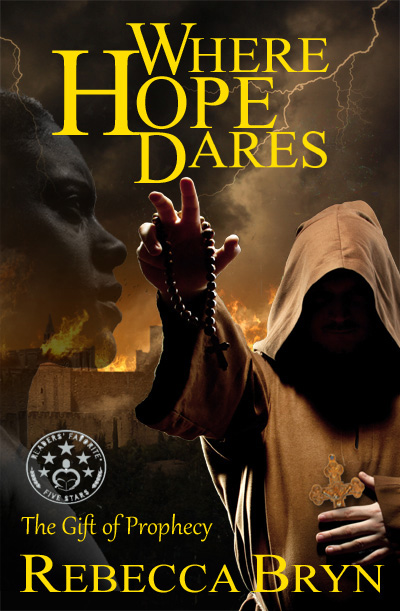This isn’t really a bad review, it being a four-star and saying the ‘writing was good and compelling enough’, but it raises interesting questions for the writer. I quote part of the review. ‘I was uncomfortable with some of the content and it seemed a bit long.’
The novel in question is Where Hope Dares. It’s 132,000 words although 5,000 of those are a scientific afterword on climate change past, present, and future that are optional reading – but more of that later.
Readers of my novels will know that I don’t shy from uncomfortable subjects. I tend to put my faith in my readers and tackle the subjects head on in all their gory detail, but I confess, if this ‘epic post-apocalyptic saga’ doesn’t make readers uncomfortable then they’re not human.
The research that underpins the thrust of the story gave me nightmares when I wasn’t having sleepless nights, and I seriously wondered whether I should publish it at all. The scientific research that inspired the story back around 2003, spoke of the possible onset of an ice age in Northern Europe – the speed with which, it was predicted, this could occur was terrifying. I shelved the book for some time and wrote others, but always this first novel called to me. I revisited it, rewrote it, and sent it out to a beta reader who pulled it apart mercilessly.
On a whim, I sent it to my ex-husband to see if he threw up the same concerns. He did, and found others, but most importantly he thought it was a great story, suggested an interesting twist, and best of all, he’d done a lot of research into climate change. Current thinking had changed, he assured me, so while much of my research held good, another rewrite was in order and the story changed to accommodate the revised thinking re an imminent ice age.
Since this book was written, some of the climatic change it prophesied has come about, and there is now a leaning back toward colder climates in Britain due to the slowing of the Gulf Stream, which was the fact underpinning the original story. Whatever the future holds, it will be nothing that hasn’t happened before or will happen again, and my ex-husband’s fascinating insights into climate change can be read in the afore-mentioned 5000 word afterword. Will ignoring it make it go away, or will worrying about it change a thing? Probably not.
Of course, climate change isn’t the only thing about which the reader might feel uncomfortable. Whilst I respect people’s beliefs and faith, I question what these beliefs might be based upon. I gently challenge the bigots and the extremists. I pose a scenario for the Second Coming – I even dare to poke fun a bit. And of course, there’s the ritual rape, the sticking of heads on spikes, the barbaric acts of revenge, and the wholesale slaughter in the name of the protagonists’ various gods. Well, if you’re going to write uncomfortable stuff, make the reader squirm, I say.
So, this isn’t a book for the faint-hearted, and I don’t in the least blame my reviewer for feeling uncomfortable.
Back to the length. How long should a novel be? How long is a piece of string? I confess that my shortest novel, The Silence of the Stones, at about 95,000 words was very easy reading when I revisit it to edit it recently. But a story is as long as it takes to tell it. My historical novel On Different Shores was never intended to be a series, but it was a tale that grew and grew and became three books, For Their Country’s Good. It wasn’t finished until my characters said it was finished, 297,000 words later, and even now there are calls for a sequel.
The first time I tried to read Tolkein’s Lord of the Rings, I gave up at the Council of Elrond, about two-thirds of the way through The Fellowship of the Ring (Book One). Two or three years later, when my uncle bought me the boxed set for my twenty-first birthday, I decided to give it another go, and I read it all the way through. When I finished it, I put down the last book, picked up the first, and started again – I just couldn’t bear to leave Middle Earth and its wonderful characters. I’ve lost count of how many times I’ve read the series since, and I’m captivated anew every time. It must be fifteen years since I last read it, and its sat tattered and dusty on my bookshelf for fifty years now.
Not having a work in progress at the moment, The Dandelion Clock being complete, I shall revisit Middle Earth. It’s long past time I said hello to my friends there. The difference is, I’ll be reading it for the first time with a writer’s eye. I hope to learn how Tolkein created and sustained a world of make-believe that sometimes seems more real than reality.
‘I was uncomfortable with some of the content and it seemed a bit long.’ I hesitate to compare Where Hope Dares with Tolkein’s work, but his writing isn’t always comfortable, echoing as it does the uneasy rumblings of war, and it is very long… as long as a piece of string.
http://getbook.at/WhereHopeDares
